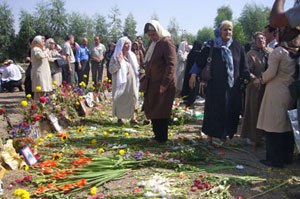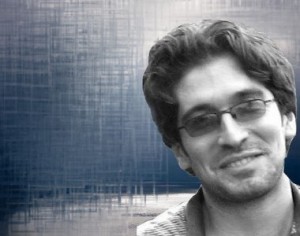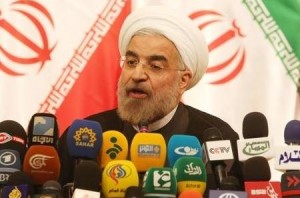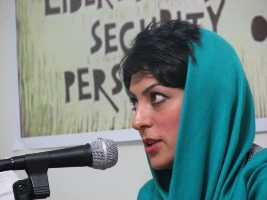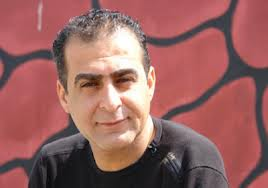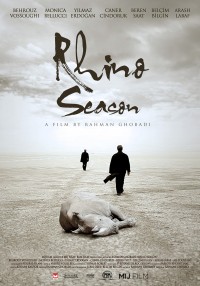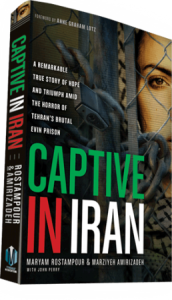
Captive in Iran, relates the story of two young women who endured detention for nearly nine months in Tehran’s Evin Prison, solely for the peaceful promotion of their religion (Photo credit: Tyndale Momentum)
Iranians often point to the fact that the first human rights charter in history came from Iran. When the Cyrus Cylinder, dating from the sixth century B.C., and owned by the British Museum, was exhibited in Iran, President Mahmoud Ahmadinejad attended the opening in Tehran. The cylinder was seen by more than one million Iranians.
The inscription on the cylinder, which has just begun its highly publicized first tour in the U.S., has been interpreted as a commemoration of Cyrus the Great’s proclamation of religious freedom and tolerance for all throughout his empire. How sad then that the current Iranian government blatantly contradicts Cyrus’ edict. Instead of honoring their ancient and noble traditions, the Iranian authorities are intensifying the pernicious and widespread persecution of Iran’s religious minorities.
Adherents of the Baha’i faith are probably the most persecuted religious community in Iran. Their faith is not recognized as a religion in Iran’s Constitution. Many Baha’is were executed in the 1980s. The seven leaders of the Baha’i community are serving 20-year prison sentences after their convictions on specious charges of “espionage for Israel,” “insulting religious sanctities” and “spreading propaganda against the system.” Baha’is are excluded from higher education and face severe discrimination in employment, their cemeteries have been desecrated, and they are not permitted to meet, to hold religious ceremonies or to practice their religion communally. Because they are excluded from universities, the community established the underground Baha’i Institute for Higher Education, but its faculty and staff have been arrested and imprisoned solely for peacefully providing instruction to their young people.
SEE THE REST OF THIS POST
